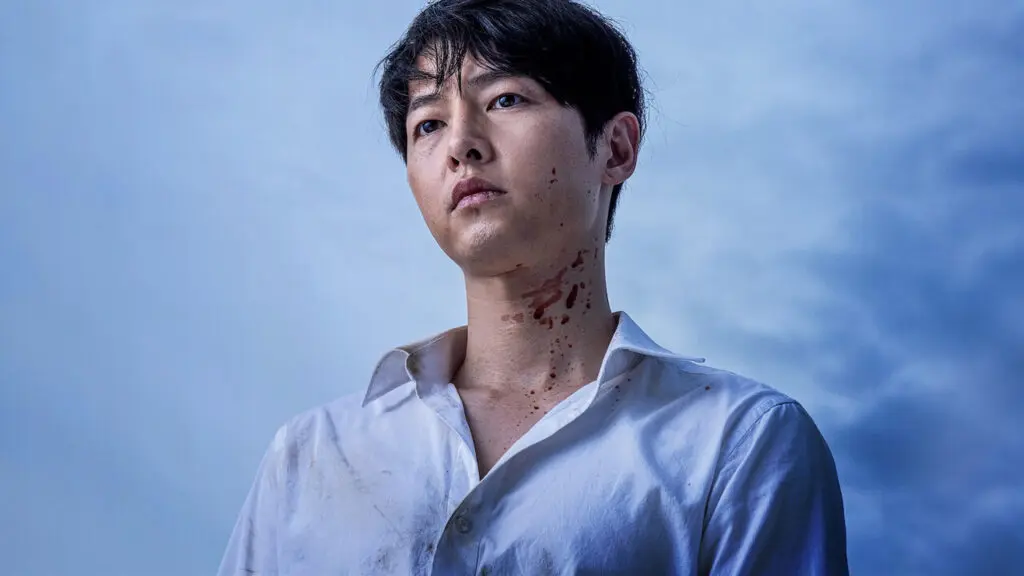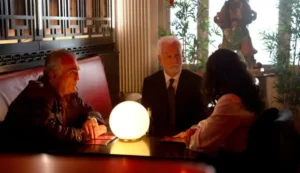Summary
There’s a distinct feeling of been there and done that around Bogota: City of the Lost, a turgid Korean take on the immigrant-to-kingpin narrative.
If you wanted a Korean take on Narcos you could always stream Narco-Saints on Netflix, which isn’t very good but would probably do the job better than Bogota: City of the Lost, which answers the eternally unasked question of what a similar story would look like if it was as dull as dishwater and didn’t have any redeeming qualities. After a thoroughly lukewarm debut at the 2024 Busan International Film Festival, Bogota arrives on Netflix with deservedly little fanfare, and it takes about ten minutes of its needlessly bloated two-hour runtime to work out why.
Despite being filmed on location in Colombia this is very much a Korean movie; there are barely any Colombian people in it, and pretty much all of them are awful. This isn’t necessarily a problem – unless you’re concerned about the prevalence of South American “othering” in popular media, as is your right – but it does speak to a general lack of interest in really evoking the sensibilities of a place. This is a bit of a sticking point in a movie literally named after that place.
The real focus is 19-year-old Kook-hee (Song Joong-ki – My Name is Loh Kiwan), who arrives in Bogota with his family in the hopes of a new life and immediately finds himself on the wrong end of a robbery. Stripped of their savings, and with the dream of an idyllic new life suddenly very far away, Kook-hee – quickly and understandably nicknamed “Cookie” by the locals – gets to work on the transition from naïve Korean immigrant to ruthless drug lord.
He’s helped along the way by the boss of his father’s Vietnam War buddy, Sergeant Park (Kwon Hae-hyo), though one supposes “helped” isn’t really the right word. As in classic immigrant stories, Kook-hee’s growth into notoriety occurs parallel to the abandonment of his previous life and ties; having already left Korea, his father eventually succumbs to drug abuse, leaving Kook-hee to learn the language and the ropes on fast-forward.
He’s surprisingly successful in this endeavor, which earns him the bitter attention of his rivals, Lil Park (Park Ji-hwan) and Soo-young (Lee Hee-joon – Behind Every Star). And yet amid all this, there’s precious little reason to care about anything Kook-hee is doing. He exhibits little development and growth and feels railroaded by a script – from director Seong-je Kim and Hwang Seong-gu – that just shunts him from one thing to another without much care.
Nobody around Kook-hee fares any better. The thin characters grossly undermine Bogota: City of the Lost, which wants all the upsides of a scuzzy crime saga without putting in the work of grappling with its harsher realities. The story isn’t sanitized per se and comes down on the right side of the moral aisle, but isn’t interested in the wider context of how this sort of life might be appealing or the cultural cross-currents that glorify and enable it.
Depth-averse, chaotic, clunky, cliched, and oddly sterile, this is a film with very little going on, and nothing you haven’t seen done before and better. The messaging is offensively simple, there’s a perplexing lack of the dramatic elements that should underpin this kind of drug saga, and the whole thing ambles along to a perfunctory conclusion almost as if it needn’t have existed at all.




